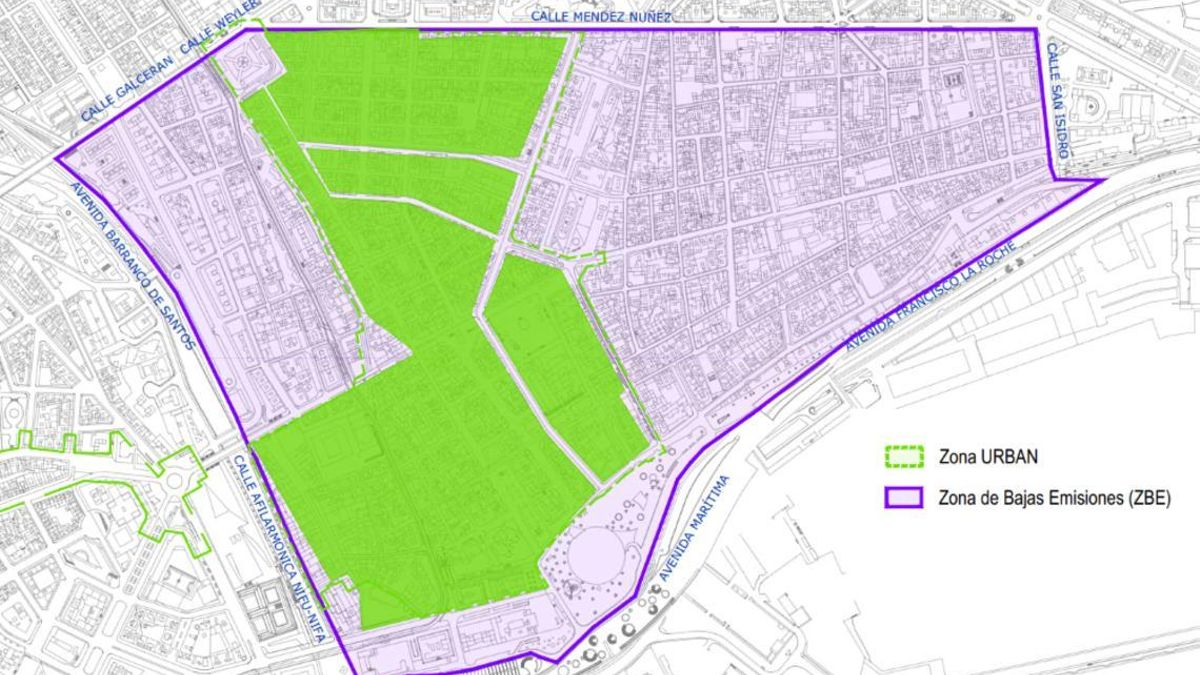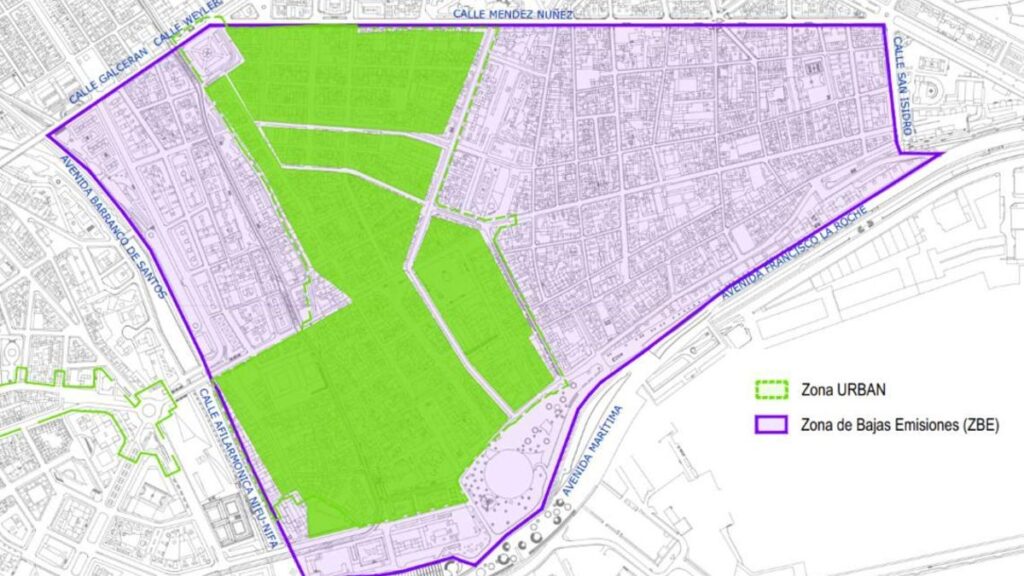Low Emission Zones: A Delayed Reality in Spain
Over two and a half years past the deadline, 67.5% of Spanish municipalities mandated to establish Low Emission Zones (LEZs) by 2023—including Las Palmas de Gran Canaria—still haven’t fully implemented them, according to data from Spain’s Ministry for Ecological Transition (Miteco). Out of 169 municipalities required by the Climate Change Law to create these zones, only 55 (32.5%) currently have active LEZs, while 92 are in the process of drafting or approving regulations. Another 20 haven’t even started the process.
Legal Requirements and Penalties
The Climate Change and Energy Transition Law (7/2021) mandated LEZs for municipalities with over 50,000 residents, island territories, and towns exceeding 20,000 inhabitants with pollution levels above legal limits. Royal Decree 1052/2022 further outlined minimum requirements, including access restrictions, traffic controls, parking regulations, and penalty systems. However, many municipalities have postponed fines, leaving their LEZs incomplete. The delay could cost 114 non-compliant towns access to public transport subsidies, as Spain’s Ministry of Transport requires functional LEZs by 2025 to qualify for funding.
Legal Challenges Overturn Six LEZs
Approved LEZs have faced repeated legal challenges, with courts overturning regulations in at least seven cities since 2022, including Barcelona, Gijón, Madrid, Badajoz, Santa Cruz de Tenerife, Segovia, and Ávila. The latest reversal occurred in Ávila, where the High Court of Castile and León annulled the local LEZ in early June due to procedural flaws—a similar issue that voided Segovia’s zone in May. Ávila’s deputy mayor, José Ramón Budiño, confirmed the city must now draft a new Sustainable Urban Mobility Plan and LEZ ordinance, a process expected to take months. Meanwhile, Madrid, Badajoz, and Gijón are also revising their regulations after court rulings.
Mixed Enforcement Amid Legal Battles
Despite Madrid’s LEZ being annulled in September 2024, restrictions on unauthorized vehicles remain in force pending a final court decision. In contrast, Santa Cruz de Tenerife’s LEZ was suspended in March 2024 by the Canary Islands High Court, though the city has appealed. Legal expert José María Monedero clarified that provisional enforcement varies by case: while Madrid continues fines, Santa Cruz de Tenerife’s penalties are on hold. These inconsistencies highlight the ongoing struggle to balance environmental goals with legal and logistical hurdles.


